Culture is a complex thing to analyze. It’s comprised by lots of major and minor factors, it changes both predictively and unpredictably and it can even seem contradictory. It involves all the people in the world, their languages, their actions, their art and, of course, their businesses. The modern world wouldn’t be remotely similar if it weren’t for the way people organize around work. And, in that sense, companies have become an actor for change, even if that change isn’t that good.
Companies has given us new ways to behave, new thoughts and expressions, new images and characters and even new goals to aspire too. It’s strange how some organizations that were formed almost exclusively for the money end up being life-changing institutions. Don’t believe it? Take a look at the 10 companies below to understand how a big company can change the way you live in almost a snap.
1802 – DuPont
You might or might not recognize the name of the company at first but you surely will remember it after you learn what society owes DuPont: rayon, nylon, cellophane, lucite, neoprene, freon, lycra, teflon, kevlar, corian and more. Basically, the story of this company tells the development of being comfortable, since its products made it possible for us to look good in our clothes, feel cool through air conditioning and even enjoy fresh food thanks to its wrappers.
And there’s more. DuPont was the main plutonium contractor on the Manhattan Project and it even supplied gunpowder to the Union during the Civil War. Besides, they’re currently developing genetically modified seeds and even organic polymers, so we’ll keep hearing about the company for a long time to come.
1870 – Standard Oil
John D. Rockefeller was a visionary that believe in the importance of oil in the years to come. That’s why he cofounded Standard Oil in 1870,a company that would become a monopoly of the most valuable commodity for his future world. It took him only 10 years to take the company to control the refinement and distributions of the oil industry, a move that made him the richest American in history (with an estimated net worth of $440 billion).
In 1911, however, the Supreme Court proved that the company violated the Sherman Antitrust Act and dissolved the monopoly. 34 companies originated from it, with behemoths like ExxonMobil and Chevron having their roots right here. If the story of the modern world is the story of oil, then Standard Oil is one of its biggest characters.
1877 – AT&T
It might be one of the most hated companies in America nowadays but certainly the communications world of today wouldn’t be possible without the existence of AT&T. The company bought the telephone from Alexander Graham Bell in 1877 and it used it as its foundation to become a monopoly. As such, it’d become a pivotal presence in the American telecommunications throughout most part of the 20th century.
Not only that. In 1947, a group of its scientists created the transistor, a world-changing contribution that would lead to the computing and electronic age. Incredibly enough, the company didn’t patent its invention out of fear of the Justice Department and its suspicions over the monopolistic characteristics of AT&T (funnily enough, the Supreme Court would end up dissolving the company in 1984). However, this open nature of the invention made it possible for investigators to develop more technologies based on it, which eventually lead to new gadgets and great breakthroughs in the electronic and computing fields.
1892 – General Electric
Thomas Edison didn’t just invented the light bulb and appeared in The Simpsons: he also cofounded General Electric in 1982. The company, still alive and well today, would become a defining actor in the 20th century by introducing dozens of products that would change the daily lives of millions of people from around the world. Its contributions can’t be overrated: GE invented the toasters, the first hermetically sealed refrigerator, the first electric washing machine, the fluorescent lamp, the American jet engine, the dish washer and the can opener.
As if all that wasn’t enough, General Electric also was responsible for the development of nuclear power plants, a much debated source of energy that still served millions of people for decades. As you can see, you can take a look around your house and you’ll likely find a handful of products you have to thank the company for.
1903 – Ford Motor Company
It took 7 years for Henry Ford to go from building his first gasoline-based vehicle to creating his company , Ford Motor Company. The modern world owes this company two major inheritances that changed history for good. The first one would be the introduction of a card affordable for the average American, which would end up being the kickoff for the car industry we still enjoy today.
The second inheritance is more of an organizational one. Given the complexity of its products and the time needed to complete only one, Ford came up with a way of mass producing them. That production was based on the use of the assembly line to manufacture interchangeable parts that would later form the final product. This way of organizing labor revolutionized work across industries and re shape the world in the form of mass production and consumerism.
1906 – Xerox
When thinking about Xerox, most people would think about printers and printing supplies. However, reducing the company to such a state would be an understatement. Xerox was responsible for developing the technologies that made many of our modern electronic devices possible. Ever heard of a mouse, a desktop computer or a graphic user interface? Well, thanks this company for that.
Why don’t you know you should credit Xerox for all of these? Because its executives felt that graphic user interface was that great product and allowed some other minor companies of that time to make a run for it. The companies turned out to be Apple and Microsoft. Still, don’t laugh at Xerox for this mishap: the company earned billions thanks to patents.
1955 – McDonald’s
For many people around the world, McDonald’s is as American as you can get. The biggest burger empire in the world serves a staggering 70 million customers a day in its 35,000 restaurants located across 100 countries. But it certainly was a long road to get there. From its humble beginnings as a Californian restaurant, the company knew how to refine and enhance White Castle’s principles of fast food to become a synonym of food on the go.
Obviously, it was its international growth that made it so important. Not because popularizing the fast-food model within the States wasn’t important enough but because by establishing beyond American borders the company turned the hamburger into a symbol of modern food. Coupled with its iconic Ronald McDonald and the golden arches, McDonald’s quickly became a family favorite around the world and a living proof of the Americanization of the world.
1962 – Walmart
Today, Walmart is the world’s largest company by revenue, the biggest private employer and the largest retailer in the world. Not bad for a company founded by a former JC Penney employee in 1962. Sam Walton knew there was profit to be had in selling products at low prices. His premise was to have a high-sales volume at a lower price made possible by a lower margin. The idea behind that was simple: to attract customers that wanted to spend less while making the most profit.
The strategy turned out great, since the company reached $975,000 in its first year. The idea proved to be effective, as whatever profit Walton was resigning by lowering the prices was gained by the high-volume sales. That was the foundation that made it possible to reach the $1 billion sales mark in 17 years, making Walmart the fastest growing company ever. Today, that growth hasn’t stopped and the company has more than 11,000 stores in 27 countries.
1976 – Apple
The story about Apple is funny, to say the least. Always the underdog during the vibrant 80s in Sillicon Valley, its success with its Macintosh computers wouldn’t have been enough to put it in this list. However, the company that emerged like a phoenix from the 90s (a period of restructuration), finally rose up to the challenge and made a lasting impact in the world.
The noughties would prove to be the best decade for the company in all its history with the introduction of the iPod, the iPhone and the iPad. Truthfully, none of those products were really revolutionary (all of them had previous similar alternatives from other companies) but the keen attention to detail, appearance and performance made them all winners. Apple helped popularizing the smartphones, put a high bar in portable audio and even redefined marketing around a brand. Too much for a company (and the man behind its success, Steve Jobs) that had always been thought of as a brilliant loser.
1996 – Google
“He who controls the information, controls the world”, right? Well, then it’s impossible to ignore Google for the last spot on this list. The company founded by Larry Page and Sergey Brin in 1996 redefined the way we find and relate with information. With a search engine at its core, the company knew how to grow in a highly dynamic and competitive environment to become the monster that rules the Web.
Although many think of Google as the site that let them find anything they want, the company is just more than that. Creators of Android, managers of YouTube, inventors of Maps, innovators in all the sense of the word, Google is a company that focus on major innovations and that’s made the jump from our computer to our daily lives. Self-driving cars and wearable computers are just some of the things that prove it and are just 2 examples of how Google is shaping the world we live in – and the future in which we’ll grow old.
We know we’ve left many important companies out. Which ones you feel should have made this list?


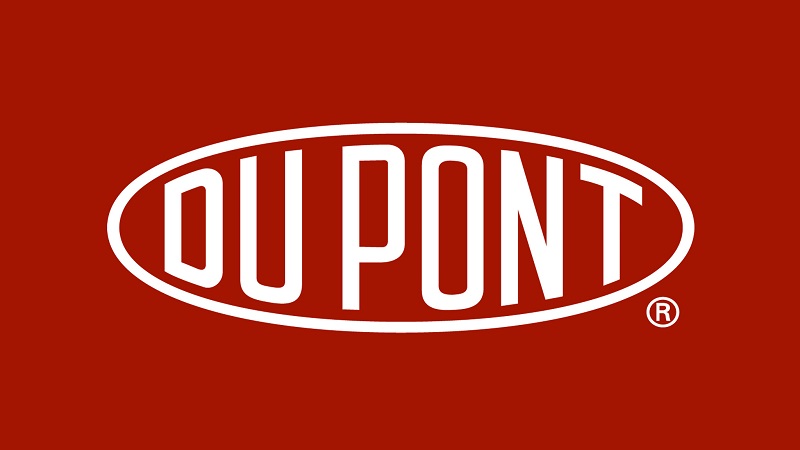
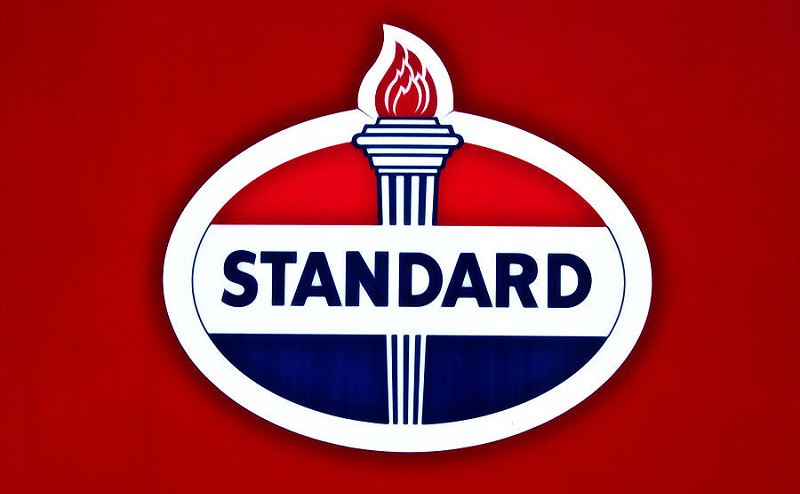
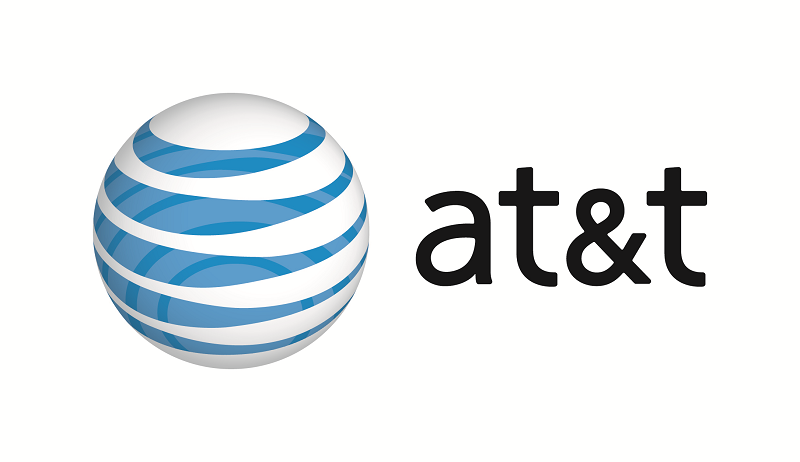
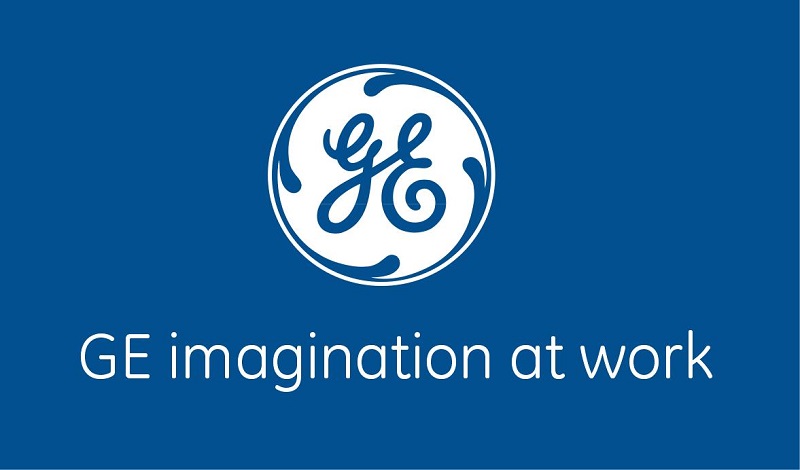
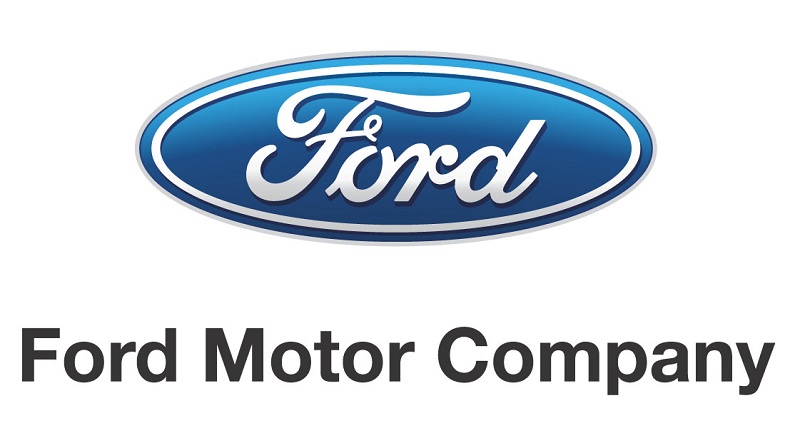





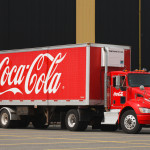




Join the conversation